A new and highly effective malaria vaccine may be just around the corner since American researchers have succeeded in genetically manipulate malaria parasites so that they do not make people sick. It is regarded as a breakthrough in the fight against one of the world’s deadliest diseases.
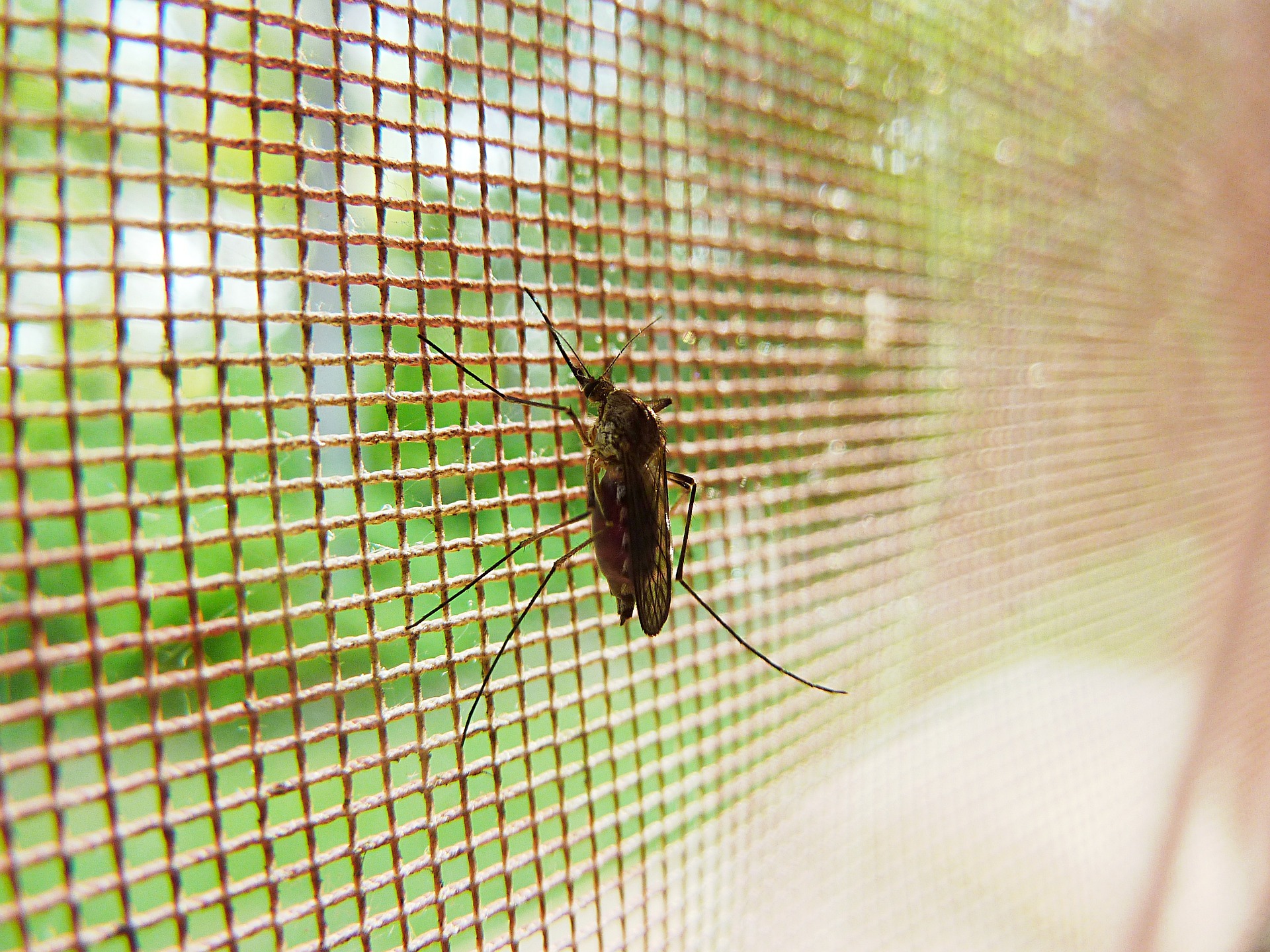
Mosquitoes carrying the malaria parasite infects 200 million people each year and of these infected, more than 400,000 die. Young children are especially at risk.
Mosquito nets, better medical diagnostics, and preventive medicine certainly decreases the risk, although it is not enough in the fight against a disease that has been the scourge of mankind since time immemorial. Scientists have been trying to develop an effective vaccine for decades without success.
Studies have shown that it is possible to make people completely immune to malaria by injecting live malaria parasites in the body. However, since the risk is high of contracting a fatal infection, the method has been deemed too risky to be used.
A team of US researchers appears to have circumvented this problem. Since Malaria parasites grow and multiply in the liver before further spreading in the body, the team of researchers removed three genes of the parasite necessary to infect the liver, the spread of the disease to the rest of the body is effectively stopped.
In a new study published in the journal Science Translational Medicine, ten volunteers were bitten by mosquitoes carrying the genetically engineered parasites. Not one got malaria and all developed a strong immune system response against the disease.
The study is very small and must be followed by others to confirm that the method really works and is safe. But the new method is revolutionary and the research is considered to be a milestone in the fight against malaria.
Dr. Sebastian Mikolajczak, one of the researchers, said to the BBC: “The clinical study now shows that the vaccine is completely attenuated in humans and also shows that even after only a single administration, it elicits a robust immune response against the malaria parasite.” “Together these findings are critical milestones for malaria vaccine development.”
Reference:
James G. Kublin, Sebastian A. Mikolajczak1, Brandon K. Sack1, Matt E. Fishbaugher1 et al. Complete attenuation of genetically engineered Plasmodium falciparum sporozoites in human subjects DOI: 10.1126/scitranslmed.aad9099

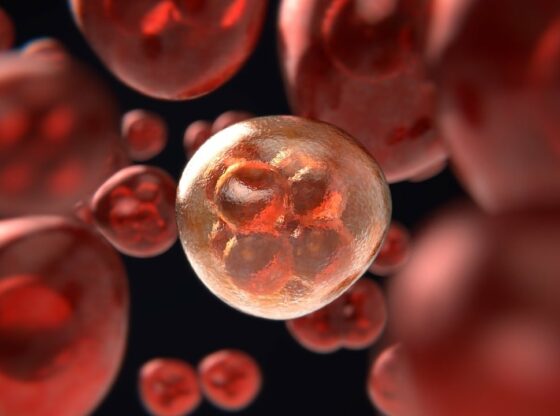



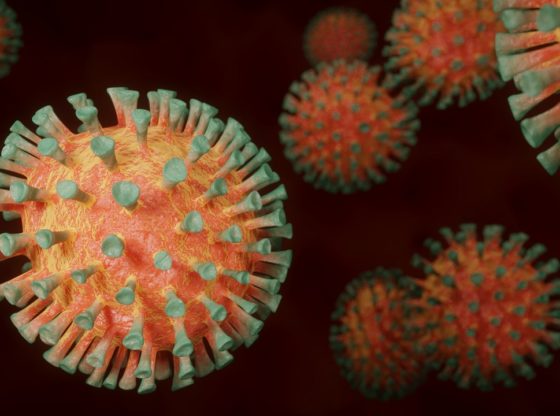
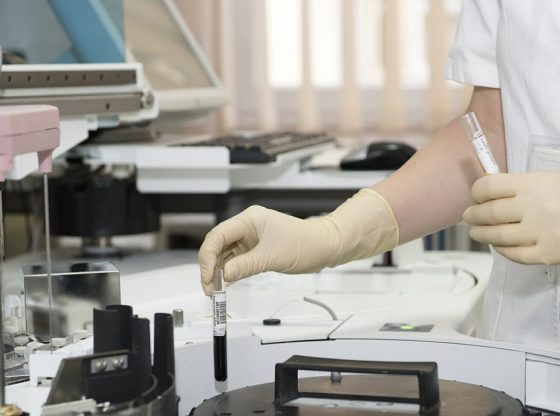
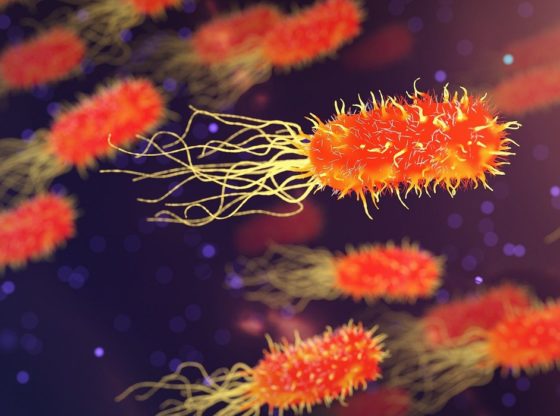
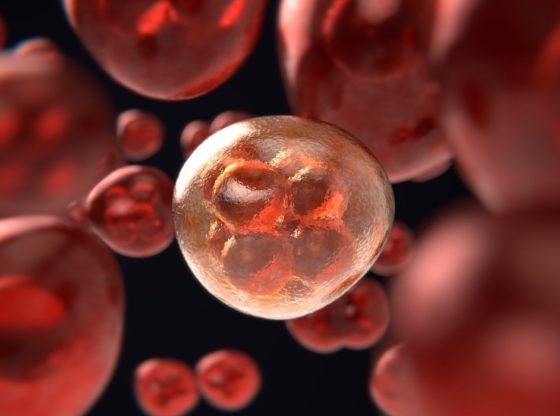


![OpenAI. (2025). ChatGPT [Large language model]. https://chatgpt.com](https://www.illustratedcuriosity.com/files/media/55136/b1b0b614-5b72-486c-901d-ff244549d67a-350x260.webp)
![OpenAI. (2025). ChatGPT [Large language model]. https://chatgpt.com](https://www.illustratedcuriosity.com/files/media/55124/79bc18fa-f616-4951-856f-cc724ad5d497-350x260.webp)
![OpenAI. (2025). ChatGPT [Large language model]. https://chatgpt.com](https://www.illustratedcuriosity.com/files/media/55099/2638a982-b4de-4913-8a1c-1479df352bf3-350x260.webp)








